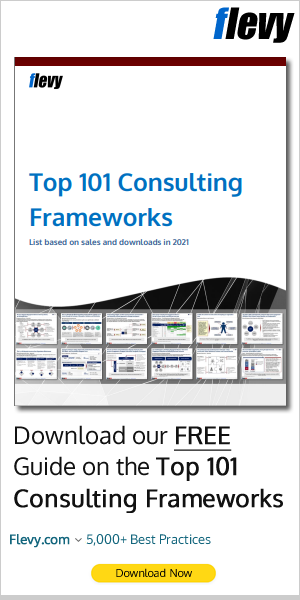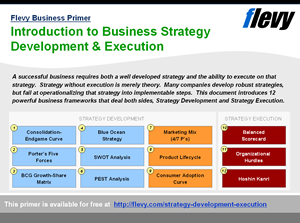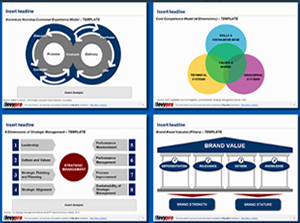Big cross-organizational change can be difficult and not all organizational transformation is the same. Rapid advances in technology, a growing global creative workforce, and market with fewer and fewer barriers to entry are driving a hyper-creative volatile marketplace. New ideas are making established business positions obsolete at an increasing rate. Products and services that survive […]
Tag Archives | lean enterprise

Flevy’s Definitive Guide to Operations
This is a guide to navigating Flevy to find the documents and other resources you need related to Business Operations. “Operations” is a broad, vague term. It can convey a lot of different meanings to different people. If you don’t find what you are looking for in this article, please email us at support@flevy.com. First, a very […]
Lean Initiatives in the Office
Why implement Lean in the Office? If you think Lean only applies to industry and manufacturing processes, you are wrong! Here’s why: The operational efficiency of a company should not be simply restricted to the “production” side of the activity. The rapid delivery and manufacture of products is never enough if your clients are waiting […]
Why Lean Initiatives Fail in a Company (Part 2)
Note from the Editor: This is the second of a series of articles written by Charles Intrieri related to Lean Initiatives. The previous article can be found here and we suggest you read it first, if you haven’t already. You can read his other articles here. * * * * If you recall, from the first article on Lean, the […]
Lean Inventory Management: Using Lean Initiatives to Manage Inventory
More firms are implementing lean inventory management techniques to reduce costs, improve flexibility and have more time to focus on their customers. Lean supply chain and inventory management enable Small Medium Businesses (SMB) to improve efficiency and increase profits. As firms look to reduce waste, increase turns and be more flexible with their inventory, management […]














